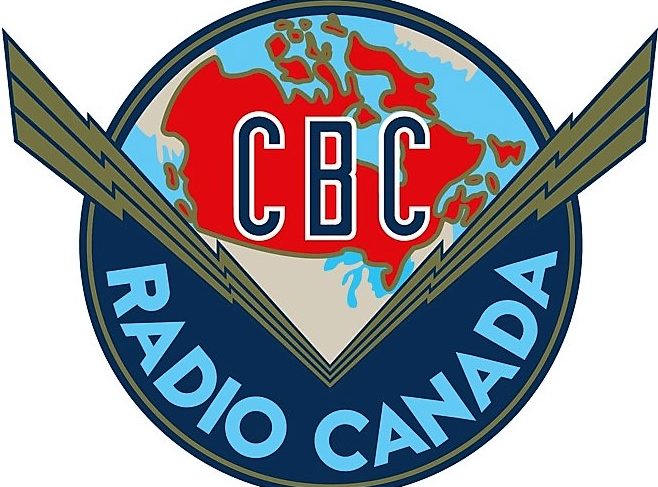
By Denis Carmel
GATINEAU – Like other organizations who appeared during this multi-day hearing, the Canadian Media Producers Association took a narrow view, arguing other discussions should be allowed to take place first.
“We think it’s important to ask questions about how CBC will ensure discoverability, success, and relevance for programming available online, but before thinking of substituting any current requirements for new metrics, we need to engage in the kind of wider industry consultation that will be possible in a major policy proceeding once Bill C-10 is passed,” said Reynolds Mastin, president and CEO of the CMPA during its appearance on day 13 of the hearing into renewing the broadcasting licences of the CBC.
(Bill C-10 is the Bill now before Parliament which aims to amend the Broadcasting Act. The Standing Committee on Canadian Heritage will start to talk to witnesses on Monday as it begins to analyze the bill.)
Yes, CMPA asked expenditure requirements be put in place on digital, but the core segment of their appearance dealt with terms of trade between its members and the CBC.
The producers seem to have an awkward, albeit symbiotic, relationship with the corporation, “because CBC’s success in Canadian programming is our members’ success too,” Mastin said. “The vast majority of CBC’s programming—with the exception of news, information, and sports—is developed and produced by independent producers.”
“The shutdown demonstrated that a production company could have a hit show, even many hit shows, but if it had not retained any rights in these shows, it suddenly found itself struggling,” said Marcia Douglas, the CMPA’s senior director, business affairs, referencing unequal terms of trade. “Conversely, production companies that had retained rights, such as licensing and merchandising rights, and therefore had other sources of revenue, immediately pivoted their focus by making significant additional investments in developing a slate of new Canadian shows.”
“Why this proceeding matters when we are talking about what might happen in the future is because one of the longstanding underlying issue, specific to CBC is terms of trade,” added Mastin again.
The CMPA has, in this proceeding, asked for the existing condition of license requiring the CBC to have a terms of trade agreement with the CMPA and its members be maintained.
“It has been CBC’s position that the CRTC does not have economic regulatory authority and has basically no business in requiring terms of trade on CBC,” said Mastin.
“It has become a huge struggle for us because the perception the CBC continues to have is that when push comes to shove, they really don’t need to concern themselves about what you might do about the condition of license because in their view, you lack the jurisdictional authority to do anything about it… Which I have to say made us all the more astonished when we saw the CBC filing for this licence renewal proceeding whereby it applied to have its condition of licence removed.”
“This would seem to suggest the CBC suddenly, magically, decided it is going to attorn to your jurisdiction over terms of trade because… it gets it out of a condition of licence to comply with terms of trade. And very, very candidly, we as one of your stakeholders and I would say the broader stakeholders in the system, get very concerned when a licensee – depending of the day of the week or what it has had for breakfast – (decides) whether it is going to attorn to the jurisdiction of the CRTC or whether it will not. And the irony of the situation is, notwithstanding its filings for this proceeding, I am willing to bet that if the CBC were asked if you have jurisdiction over terms of trade its answer may not in fact support its filings in this proceeding.”
And that was the end of the discussion on this issue. Of course, the CBC will have a chance to respond tomorrow in the reply phase when executives return to their screens to face more commissioner questions. And on February 10, there is planned a fireside chat with Catherine Tait and Reynolds Mastin at the CMPA’s virtual Prime Time 2021 conference.
Later on, we heard from APTN. It was a more serene atmosphere.
APTN’s new CEO, Monica Ille, reiterated the CBC is far from the only source of broadcasting for the Indigenous communities.
As Sky Bridges, APTN’s chief operating officer said, “APTN wants to encourage a productive relationship with CBC/SRC that leads to more and better-financed Indigenous-controlled production and Taken is a good model to follow—though not the only model. We are open to second windows and acquisitions—subject to our limited resources and mandate.”
The APTN presentation quoted the UN Declaration on the Rights of Indigenous Peoples: “State-owned media, such as CBC/SRC, have a duty to ‘duly reflect Indigenous cultural diversity’,” said Ille. “In other words, entities such as CBC/SRC have a duty of reflection, but this is different than the role played by Indigenous-owned media, such as APTN. Our role is to establish Indigenous control over our own media—with all of the benefits and responsibilities that come with ownership and control.”
She is in discussion with the corporation to develop a memorandum of understanding which would outline each other’s role and responsibility to build on a good relationship but a more ad hoc one. This is something Tait mentioned on day one of the hearing, where CBC executives agreed it would be a good idea to work with APTN.


